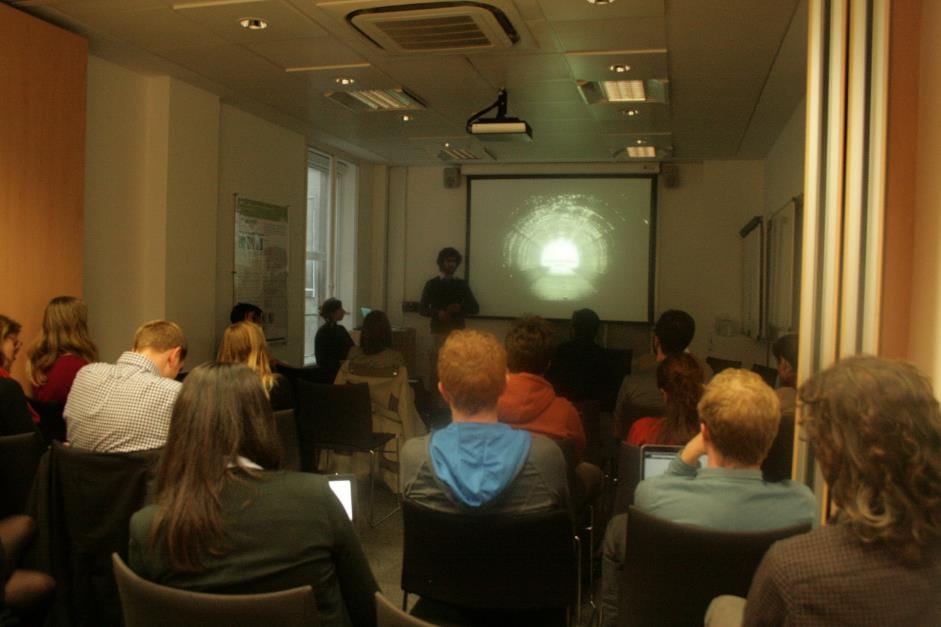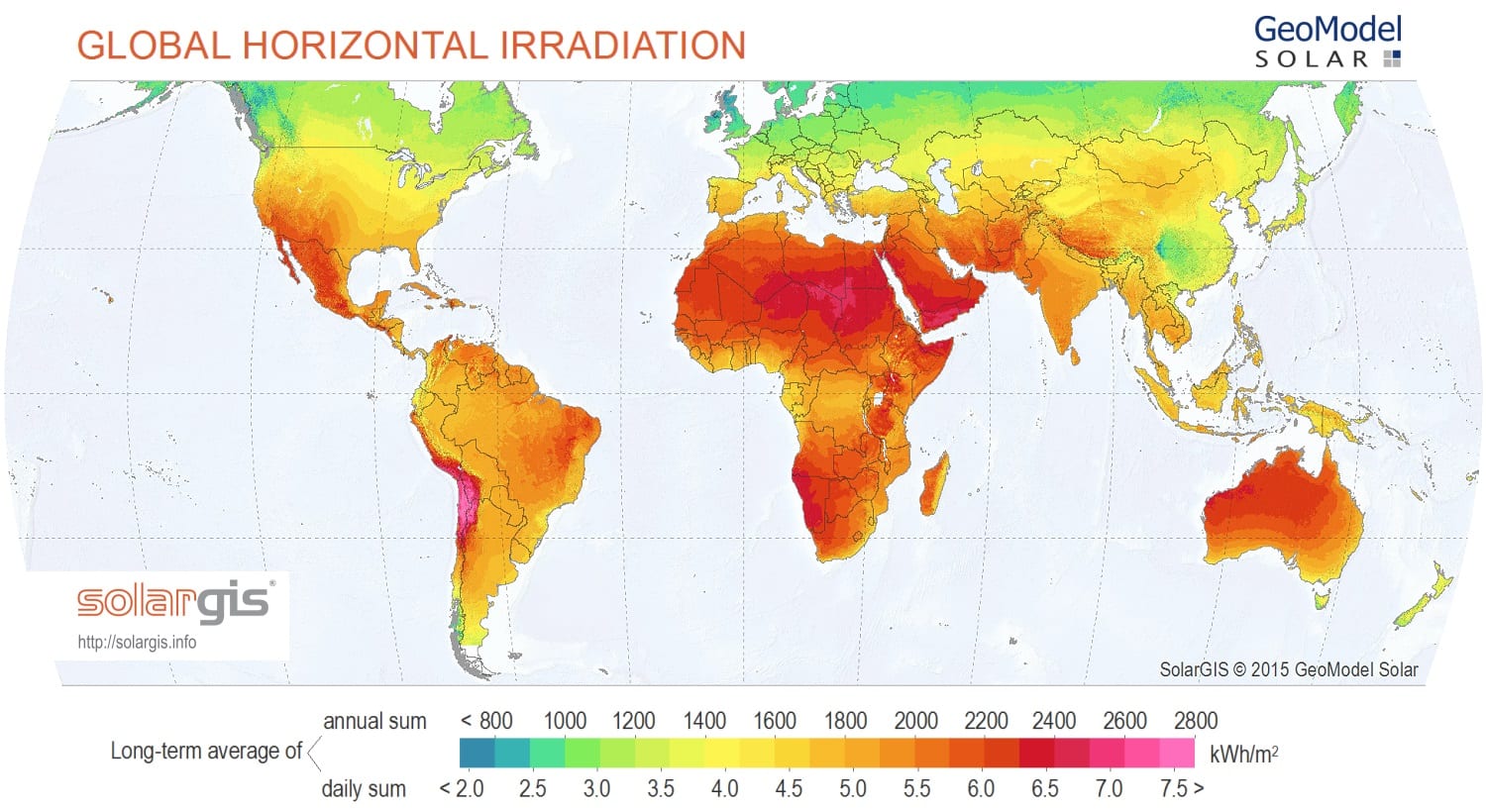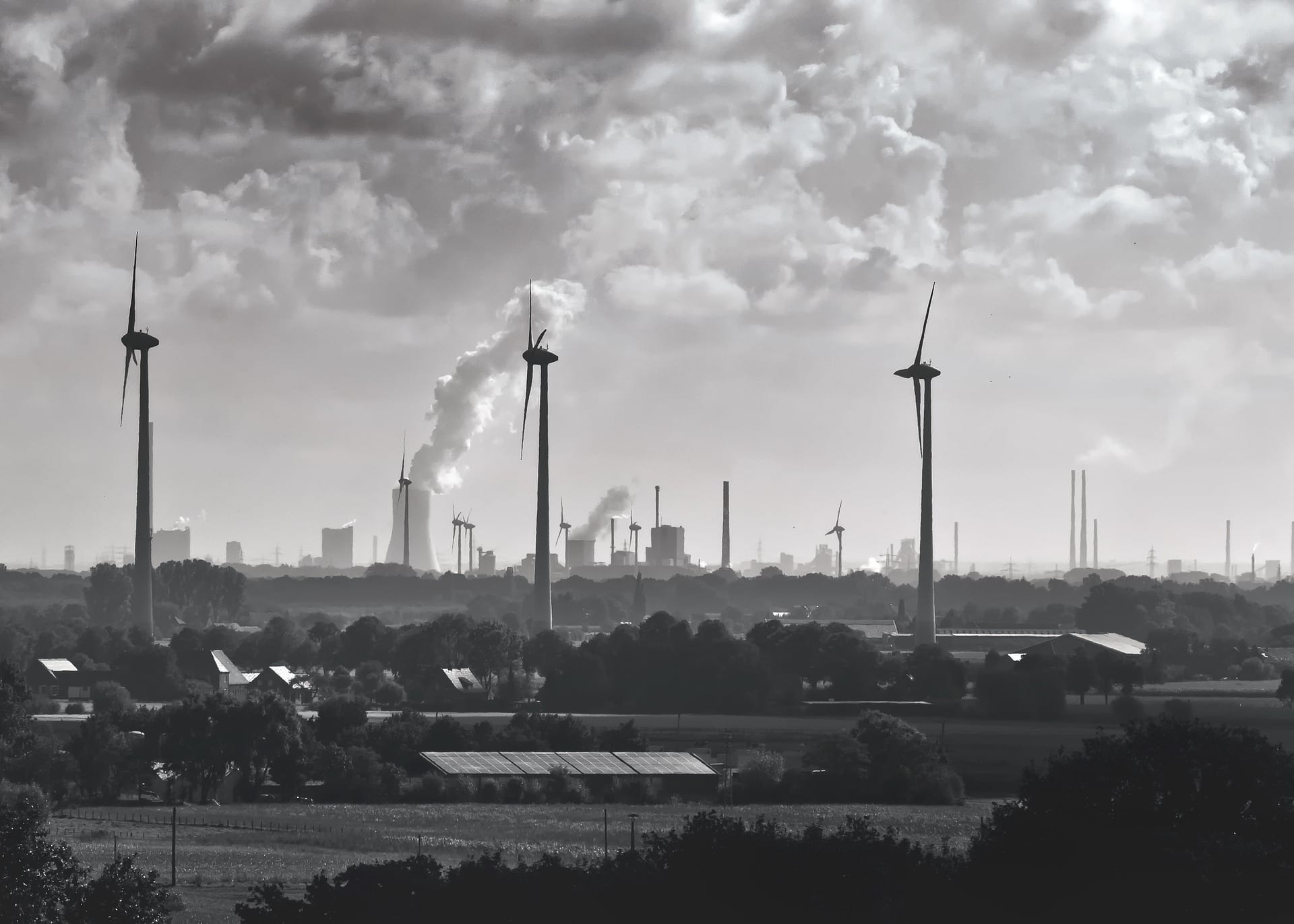International women’s day, inspiration from the past, present and hope for the future
By ucftns1, on 8 March 2016
I am a Research Associate in Energy Systems Modelling at UCL-Energy. I studied chemical engineering and for my PhD I developed multi-objective mathematical programming models that can help building more sustainable process industries and energy systems by looking to many different environmental life-cycle performance metrics in addition to economic criteria. My current job at UCL allows me to take the theories behind my modelling frameworks, with an initial focus on engineering and process unit operations, a step in further in aggregation to a systems level perspective. Within this systems perspective, the demand-side influence starts to take a bigger role and as much relevance as the supply-side operations. This allows me to exploit the synergies between my previous and current research experiences, which are very complementary in their theoretical perspectives. The arising combinations specifically tap on the pillars of sustainable development, which are based on integrating the economy, the environment and society, in a holistic manner.
 With regards to ‘women in science’, there are more than a few who inspire me. The earliest ‘women in science’ story that I heard about was Marie Curie’s one. Her life and career brought to my consciousness the very limited roles that women were expected and trained to play in society from their very early ages. These limitations of course translate in all the sorts of additional struggles and preconceptions that women face in society nowadays, and in particular in science still. I found very interesting how her success was in the end mostly in the hands of her husband, Pierre Curie, who decided to complain to the Nobel Prize jury against their discrimination towards his wife. Marie was about to be excluded from the nomination of the Nobel Prize in Physics in 1903 just because of her gender.
With regards to ‘women in science’, there are more than a few who inspire me. The earliest ‘women in science’ story that I heard about was Marie Curie’s one. Her life and career brought to my consciousness the very limited roles that women were expected and trained to play in society from their very early ages. These limitations of course translate in all the sorts of additional struggles and preconceptions that women face in society nowadays, and in particular in science still. I found very interesting how her success was in the end mostly in the hands of her husband, Pierre Curie, who decided to complain to the Nobel Prize jury against their discrimination towards his wife. Marie was about to be excluded from the nomination of the Nobel Prize in Physics in 1903 just because of her gender.
(more…)
 Close
Close










